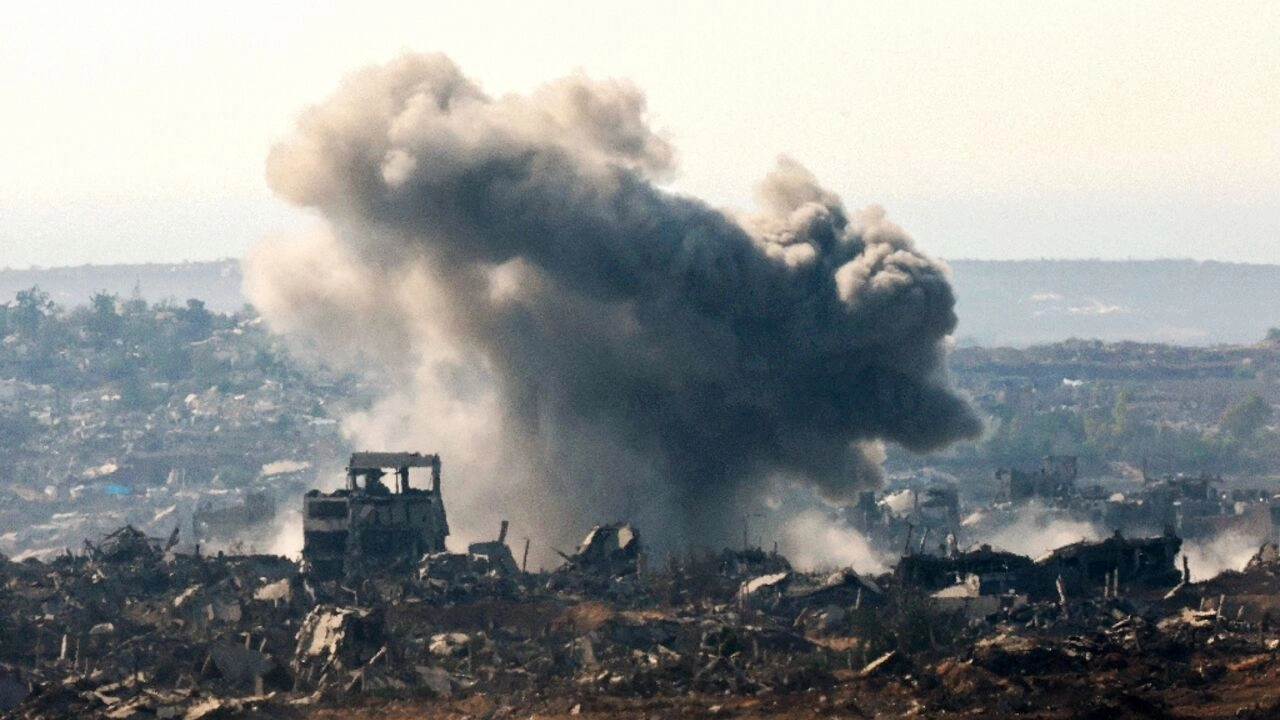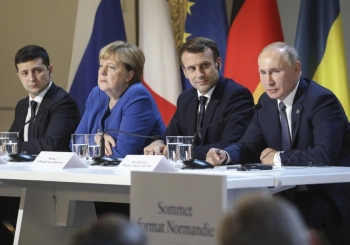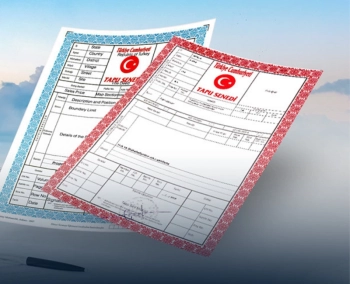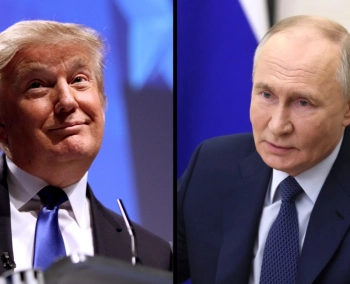Gaza Truce Talks in the Balance: Will Israel and Hamas Reach an Agreement?
What is the current state of Gaza truce talks? Why are Israel and Hamas trading blame instead of negotiating peace? How can international mediators bridge the gap between the two sides? These questions loom large as the conflict in Gaza continues to escalate, with civilians bearing the brunt of the violence. This article delves into the complexities of the ongoing negotiations, the obstacles hindering progress, and the potential paths forward.
The Current State of Gaza Truce Talks
The latest round of truce talks between Israel and Hamas hangs in the balance, with both sides accusing each other of undermining efforts to reach a ceasefire. According to reports, mediators from Egypt, Qatar, and the United States have been working tirelessly to broker a deal, but mutual distrust and conflicting demands have stalled progress. Israel insists on the release of hostages held by Hamas, while Hamas demands a complete withdrawal of Israeli forces from Gaza and an end to the blockade.
A real-world example of this deadlock can be seen in the failed negotiations in early 2024, where both parties walked away from the table due to unresolved issues. The lack of a neutral arbitration mechanism further complicates matters, as each side interprets the terms of potential agreements differently.
Why Are Both Sides Trading Blame?
The blame game between Israel and Hamas is not new, but it has intensified in recent weeks. Israel accuses Hamas of using civilian infrastructure for military purposes, while Hamas claims that Israel's military operations amount to collective punishment. This cycle of accusations makes it difficult to build trust, a critical component of any successful negotiation.
For instance, after a recent airstrike on a Gaza hospital, both sides immediately pointed fingers at each other, leading to a breakdown in communication. Such incidents highlight the need for independent investigations to establish facts and hold perpetrators accountable.
The Role of International Mediators
International mediators, including Egypt, Qatar, and the United States, play a crucial role in facilitating dialogue between Israel and Hamas. These countries have leveraged their diplomatic ties to keep the lines of communication open, even when direct talks seem impossible.
A practical application of this mediation can be seen in the 2021 ceasefire agreement, where Egyptian diplomats shuttled between the two sides to broker a temporary truce. However, the current situation is more complex, with deeper political and humanitarian stakes.
Humanitarian Crisis in Gaza
The ongoing conflict has exacerbated the humanitarian crisis in Gaza, where thousands of civilians are displaced, and access to basic necessities like food, water, and medical care is severely limited. International aid organizations warn that the situation could deteriorate further if a truce is not reached soon.
For example, the United Nations Relief and Works Agency (UNRWA) has reported that over 80% of Gaza's population relies on humanitarian aid, a figure that has risen sharply since the latest escalation of violence. This underscores the urgent need for a ceasefire to allow aid to reach those in need.
Potential Paths Forward
Despite the challenges, there are potential paths forward. One approach could involve phased agreements, where initial confidence-building measures, such as prisoner exchanges or limited ceasefires, pave the way for more comprehensive deals. Another option is the involvement of a broader coalition of international actors to exert pressure on both sides to compromise.
A real-world example of this is the 2014 ceasefire, which was achieved through a combination of international pressure and incremental concessions from both parties. While not perfect, it provided temporary relief and a framework for future negotiations.
Conclusion: A Fragile Hope for Peace
The road to peace in Gaza is fraught with obstacles, but it is not impossible. Both Israel and Hamas must prioritize the well-being of civilians over political gains, and the international community must continue to support mediation efforts. While the current truce talks hang in the balance, there is still a fragile hope that diplomacy can prevail over violence.






